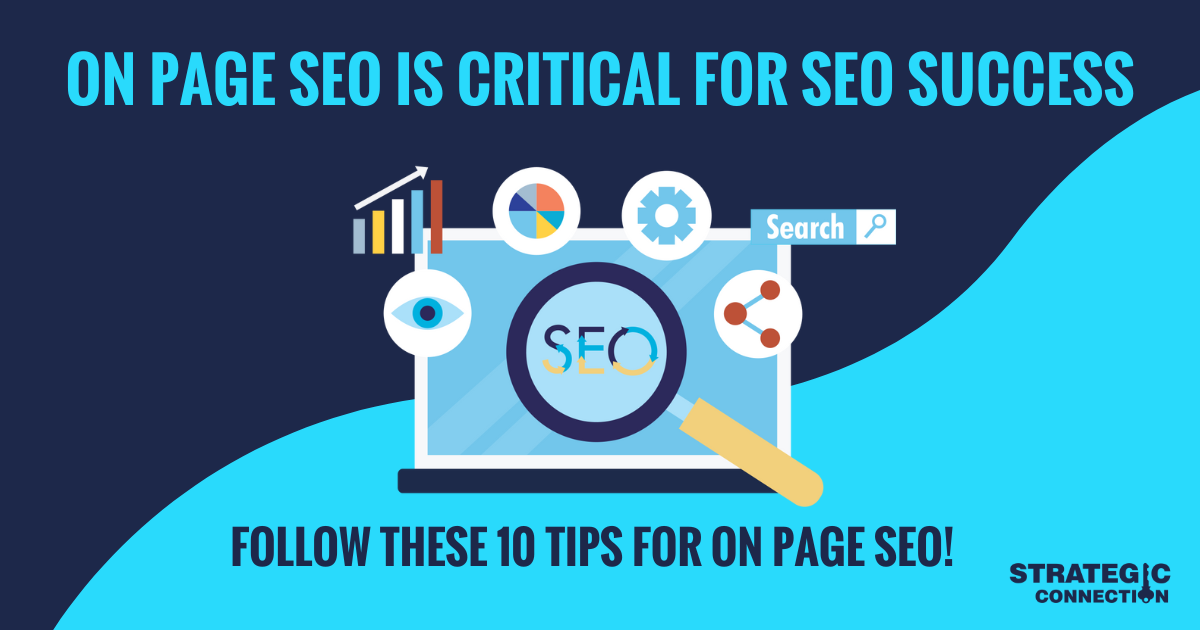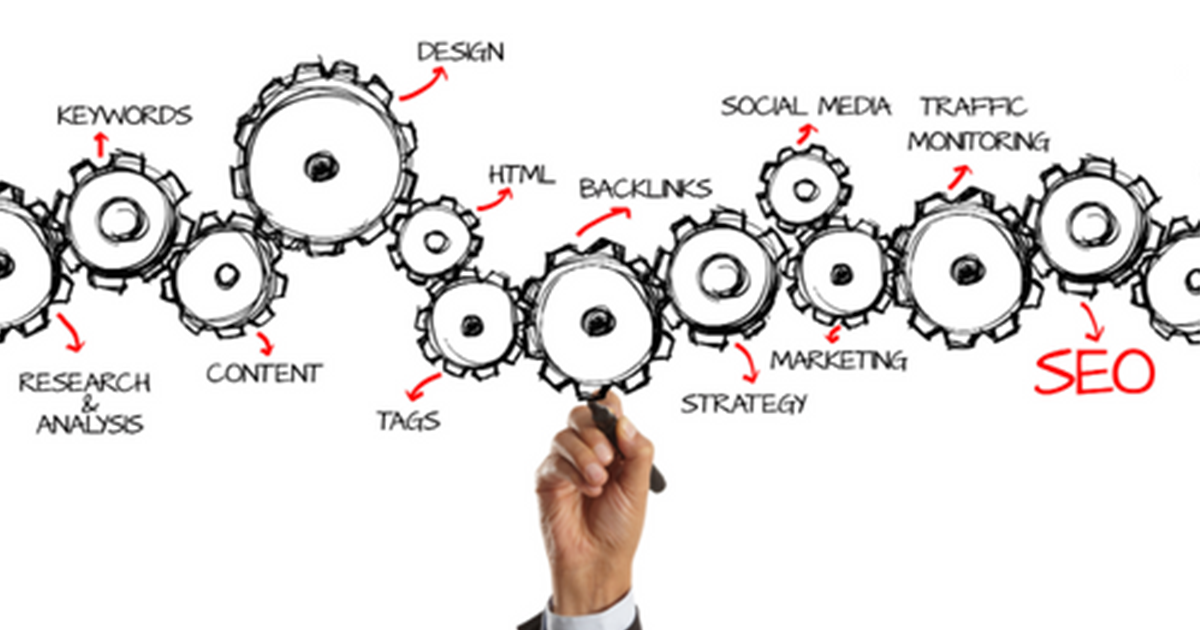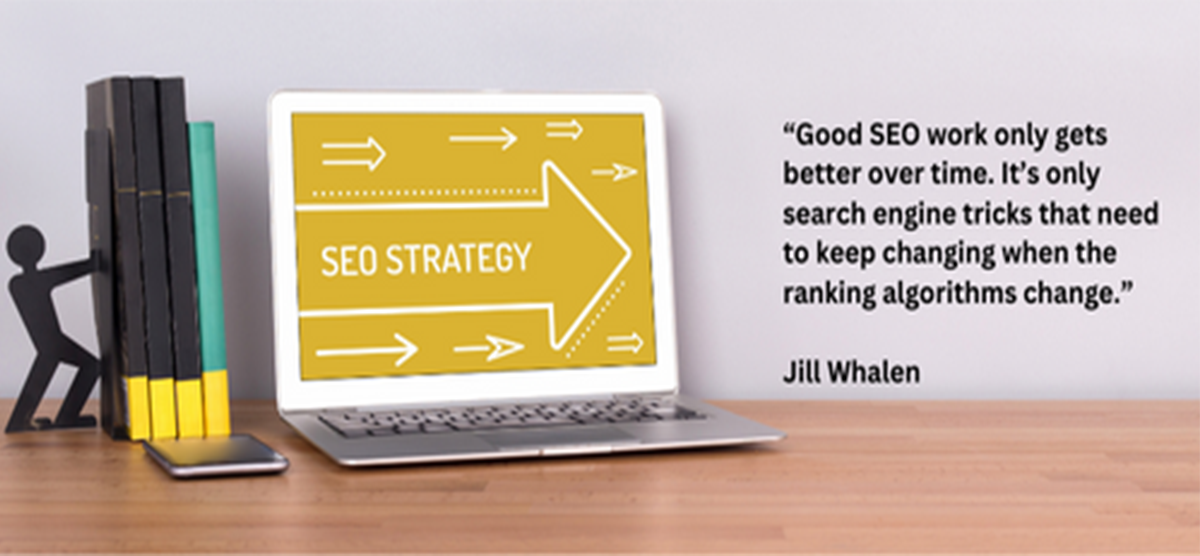
What is SEO?
Posted by: Ali Jaffar Zia
March 22, 2023
Search engine optimization (SEO) is optimizing content, websites, and other digital assets to increase visibility and rankings in search engine results in pages. It involves optimizing technical elements such as headings, titles, meta tags, and URLs. It also encompasses many aspects of content creation and strategic keyword usage that can help your site rank higher.

What is the difference Between On And Off Page SEO?
On-page SEO and off-page SEO are critical components of a successful search engine optimization (SEO) strategy. On-page SEO involves optimizing individual web pages to rank higher and earn more relevant traffic from search engines. It is mainly related to the content, HTML source code, and images used on the page. Off-page SEO refers to techniques that can be used to improve a website's position in the search engine results page (SERP). Unlike on-page SEO, which consists of specific optimizations you can do within your website, off-page SEO includes activities outside your website that can influence how well your website performs on SERPs.
On-page SEO includes strategies such as using keywords effectively throughout the copy, ensuring content is relevant and up to date, making sure URLs are correctly structured, optimizing titles and meta descriptions, creating heading tags appropriately, utilizing image ALT text for better visibility, and indexing by search engines, citing sources properly so as not to commit plagiarism or copyright infringement and other activities that are done directly on an individual web page. These measures make it easier for search engines such as Google or Bing to recognize a web page’s relevance and assign it a higher ranking in SERPs.
Off-Page SEO, unlike On-Page SEO, focuses on improving a website's reputation by building backlinks from reputable websites. This is important because when another site links back to yours, it signals that your content is credible and trustworthy, thus boosting SERPs. Off-page activities include link-building strategies like guest blogging or submitting articles to directories, social bookmarking/sharing/liking activities on social media networks such as Facebook or Twitter, and leveraging influencers within communities who have established credibility with their followers. By engaging with these platforms, one will find an increase in organic traffic flowing into their webpage due to improved rankings in SERPs based on these off-page tactics.

On-Page SEO Tips
On-Page SEO is essential for achieving success in search engine optimization. It is the practice of optimizing individual web pages to rank higher and earn more relevant traffic in search engines. To maximize your on-page SEO effectiveness, you should follow these 10 tips:
1.Create Quality Content: Good quality content is essential for good on-page SEO. Content should be informative, well-written, and relevant to the topic you’re trying to rank for. Ensure that your content establishes authority and provides value for readers by including facts, research, accurate data, and other information that adds depth and clarity.
2.Use Keywords Strategically: Using keywords strategically throughout your content will help improve your rankings in search engine results pages (SERPs). When targeting keywords, focus on a long tail as they are more specific phrases with higher conversion rates than broad terms. Also, ensure that the keywords appear naturally within the content so that it reads naturally
3.Optimize Titles and Headings: Title tags and headings play an important role in on-page SEO since they give users an overview of what a particular page is about when they come across it via search engines or social media platforms. Ensure that all titles and headings are optimized with relevant keywords so that Google can properly understand what each page is about and serve up relevant results when users look for queries related to those topics.
4.Utilize Internal Links: Linking between pages on your website helps search engine crawlers index all the pages within your site more quickly, which ultimately helps with ranking higher in SERPs as well as providing a better user experience overall since people can easily find related content on other webpages without having to leave yours. Internal links also generate more organic traffic since they encourage people already viewing a webpage on your website to explore other areas.
5.Include Alt Text for Images: Search engine crawlers can’t “see” images like humans do, meaning that they won’t know what an image represents unless you provide them with a description of some type. This description is known as the alt text for images which essentially tells crawlers what each image contains without actually seeing it visually like humans do when browsing websites online. Including alt text, therefore, helps boost visibility for ideas which can ultimately lead to increased organic traffic from image searches too!
6. Compress Image Files: Large files sizes not only slow down loading times but also create issues when it comes to indexing them in search engines, so compressing images before uploading them onto the web server is critical when it comes to keeping things running smoothly while improving their visibility online at the same time! Compression tools such as TinyPNG or JPEGmini can be used conveniently online to optimize file sizes without compromising on visual quality, making them ideal options when optimizing images before uploading them onto websites/online resources.
7.Use Schema Markup Code: Schema markup code gives browsers/search engines additional information about specific webpages, which can help boost visibility/ranking potential within SERPs significantly depending upon how much code has been added/what elements have been marked up! Commonly used schema markups include product descriptions, local business info & recipe ingredients, among others – adding these types of markup codes where relevant can give website owners extra confidence knowing their pages have been appropriately formatted & optimized accordingly from an SEO perspective!
8. Improve Page Speed: Slow loading times are one of the most common causes of poor user experience & decreased visibility within SERPs, so optimizing page speed should always be high on every website owner’s list of priorities when it comes to improving on-page SEO performance! To increase page speeds, start by looking at server response times & reducing large file sizes wherever possible. Plugins such as WP Smush Pro or Kraken Image Optimizer offer convenient solutions helping streamline optimization processes quickly & efficiently while making significant improvements overall!
9. Optimize URLs: Ensuring URLs are optimized correctly helps both users & search engines identify exactly what each webpage contains quickly & accurately - try using hyphens instead of underscores (ease readability), keep URLs short (65 characters max) & include primary keyword phrase where necessary (generally near the end) providing an additional level of relevance per URL which again may help improve rankings over time once indexed correctly!
10. Ensure Mobile Compatibility: With mobile devices now making up around 60%+ of all internet traffic, ensuring websites render correctly regardless of device size/type should always be taken into account - using responsive design techniques such as Bootstrap provides websites display irrespective of whether viewed from desktop/laptop computer or mobile device giving maximum flexibility moving forward from SEO standpoint!
Learn more about Strategic Connection's SEO Services.

